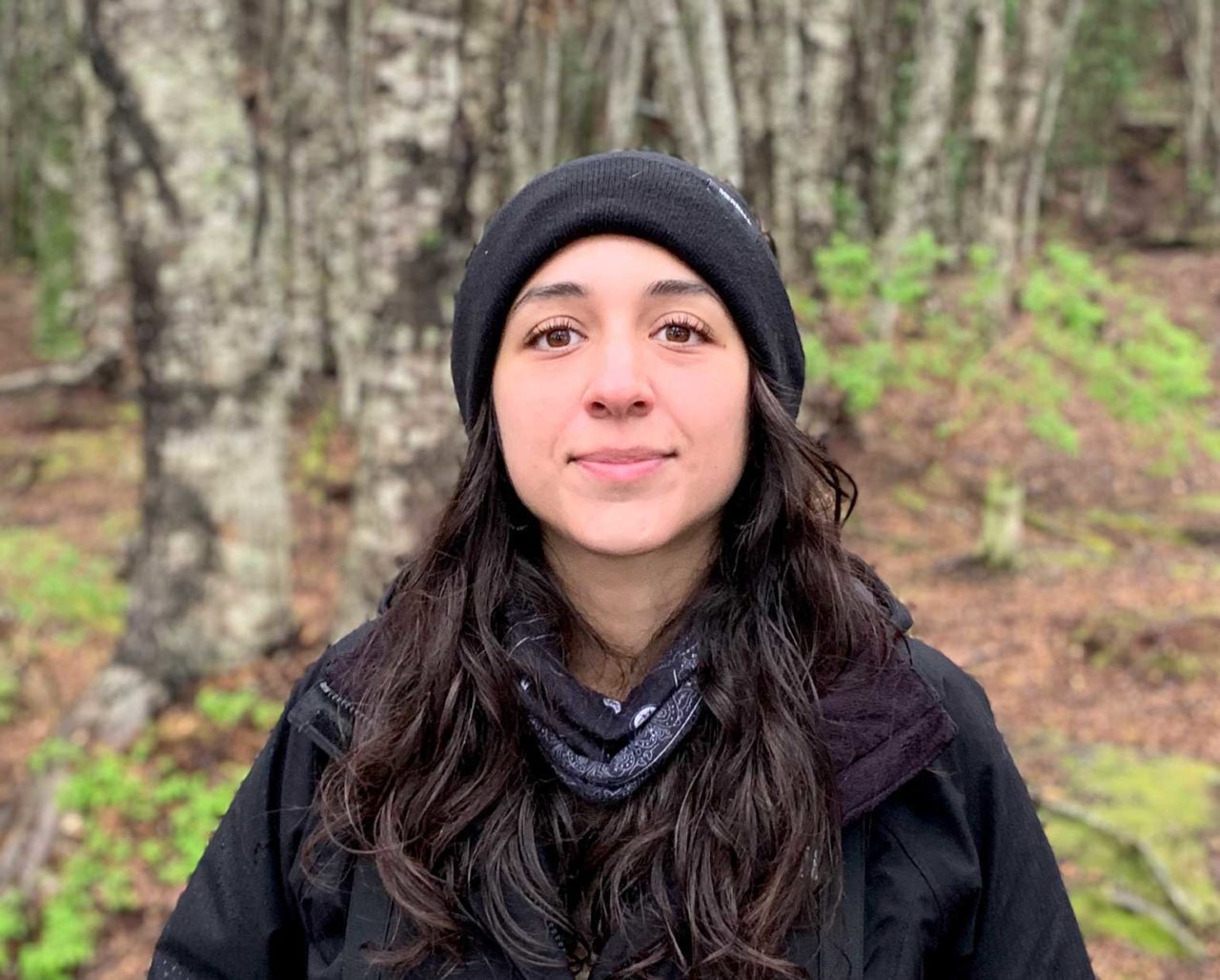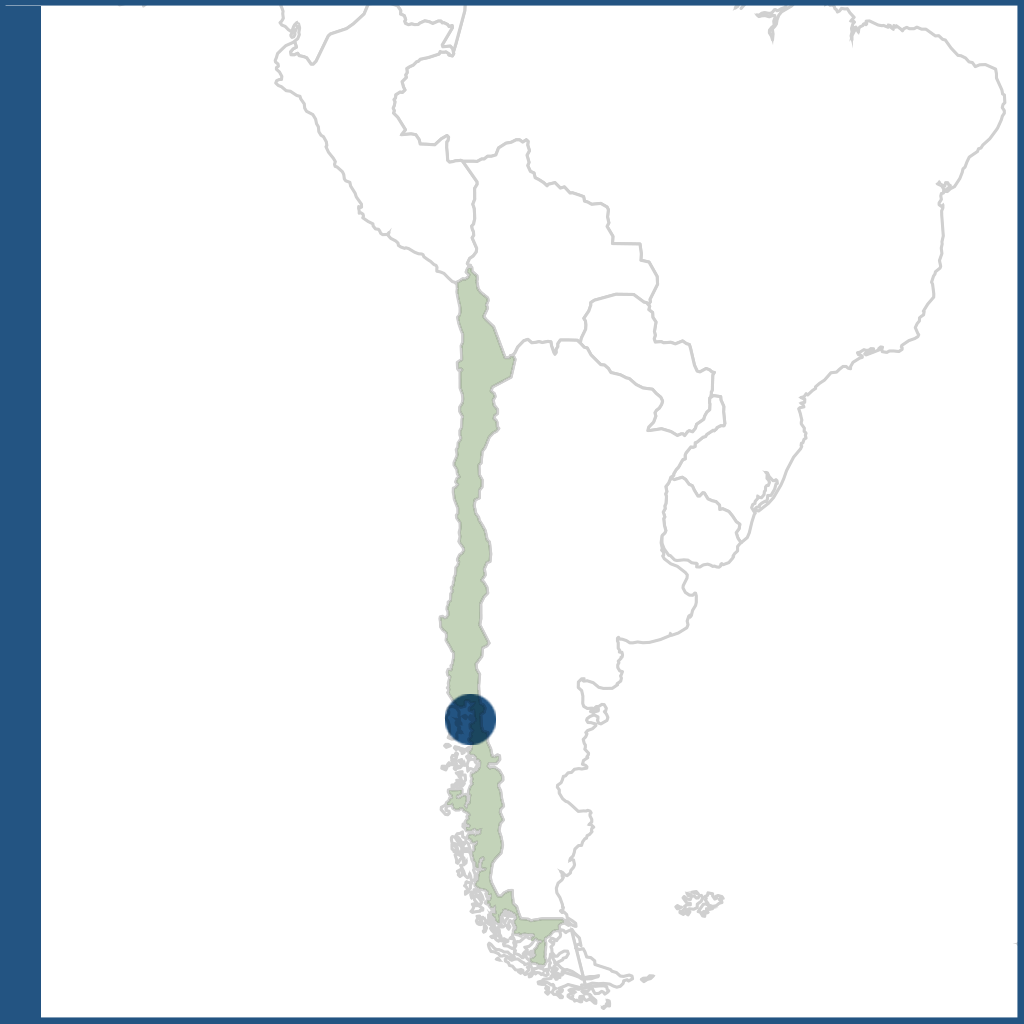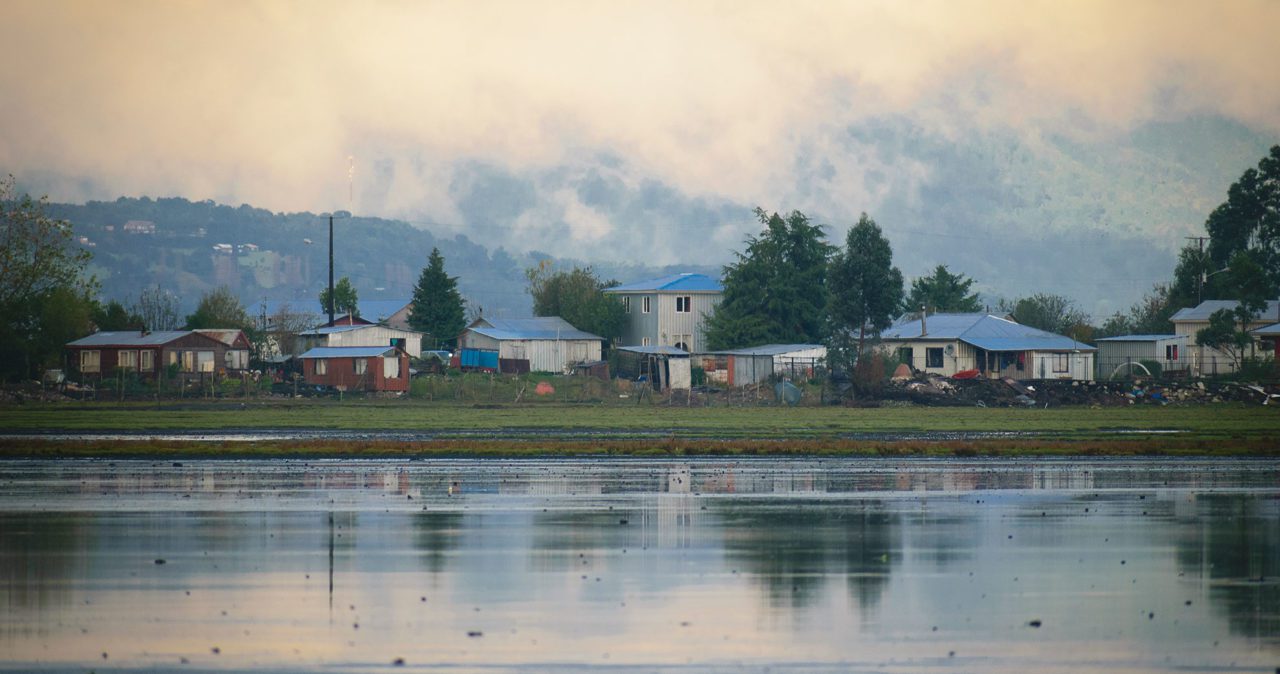Gabriela Contreras

Conservation through land-use planning and local involvement in the Chamiza marine wetland
Project Site: Chamiza Wetland, Puerto Montt, Chile
Sector: NGO
Discipline: Wildlife Conservation, Land-use Planning, Public Policy
Collaborators: ROC-Red de Observadores de Aves de Chile; Universidad de Santo Tomás; Fundación Conservación Marina; Departamento de Medio Ambiente-Municipalidad de Puerto Montt; Willilafkenche Lof Chamiza; WHSRN/Manomet
Gabriela is a veterinarian with a keen interest in wildlife conservation and research. She has been involved in monitoring, research and management of shorebirds and wetlands since her early undergraduate days, learning firsthand that conservation is linked to socio-environmental factors and development. Gabriela has been a member of the Red de Observadores de Aves y Vida Silvestre de Chile (Chilean Bird and Wildlife Network – ROC), a non-governmental organization with a long trajectory in bird conservation. Here she currently works in their Waterfowl and Wetlands Program, taking part in different conservation initiatives, including the Chamiza wetland project in Puerto Montt, Chile, in collaboration with the Marine Conservation Foundation (FCM) and Manomet. This site was declared an Important Bird Area by Birdlife International, a key site for shorebirds on the American Pacific Flyway and a Site of International Importance by the Western Hemisphere Shorebird Reserves Network.

The Chamiza marine wetland constitutes an interface ecosystem between Chamiza River Estuary and Reloncavi Sound, which provides feeding and resting areas for resident and migratory waterfowl and shorebirds Nevertheless, Chamiza is under no official protection in Chile and presents numerous threats due to its proximity to Puerto Montt, a city in constant population and urban growth, which unfortunately lacks land-use planning. This is reflected in land subdivisions, squatter settlements, illegal buildings, contamination, presence of stray dogs, and transit of vehicles in non-authorized areas, as well as the development of unrestricted tourism, livestock and aquaculture practices.
In her fellowship project, Gabriela is working for the conservation of shorebird habitats in this wetland, through the integration and participation of local stakeholders in decision-making and the development of sustainable productive practices with shorebirds and their habitats. The strategic lines in the project include the development of governance mechanisms with key actors, the creation of a planning and zoning plan for the management of the site, the identification of mechanisms to promote best management practices for key economic activities, and capacity building through education and empowerment of local groups.

In this process, Gabriela is generating multidisciplinary and multi-sectoral working groups, capable of designing and implementing a management plan for conservation. The project will establish a community-based zoning plan for Chamiza, supported by a municipal ordinance as the regulatory framework for implementation, along with the installation of key infrastructure to guide human uses in the wetland.
Gabriela is being mentored by Heraldo Norambuena (Ph.D.), an associate professor of zoology at Universidad Santo Tomás and associate researcher for the Chilean Bird and Wildlife Network (ROC). He has over 15 years-experience on systematics, evolution, biogeography, taxonomy, ecology, conservation and research of neotropical birds. He was the national coordinator for Wetland International’s Chilean waterbird census between 2014-2017, and is the co-author of the “Atlas of Chilean Shorebirds” (2017) and the “Breeding Birds Atlas of Chile” (2018). He has published over 30 scientific articles, four chapters, and two books about Chilean birds, and he is currently the editor-in-chief of “La Chiricoca”, the Chilean journal of ornithology.
Her cross-sectoral collaborator is Bernardita Angermeyer, an architect with experience in the design and implementation of urban strategies, community networks and collaborative enterprises in the Region of Los Lagos, Chile. Other project partners include Fundación Conservación Marina, the Environmental Department of the Municipality of Puerto Montt, the Western Hemisphere Shorebird Reserves Network/Manomet and the Mapuche indigenous community Willilafkenche Lof Chamiza.